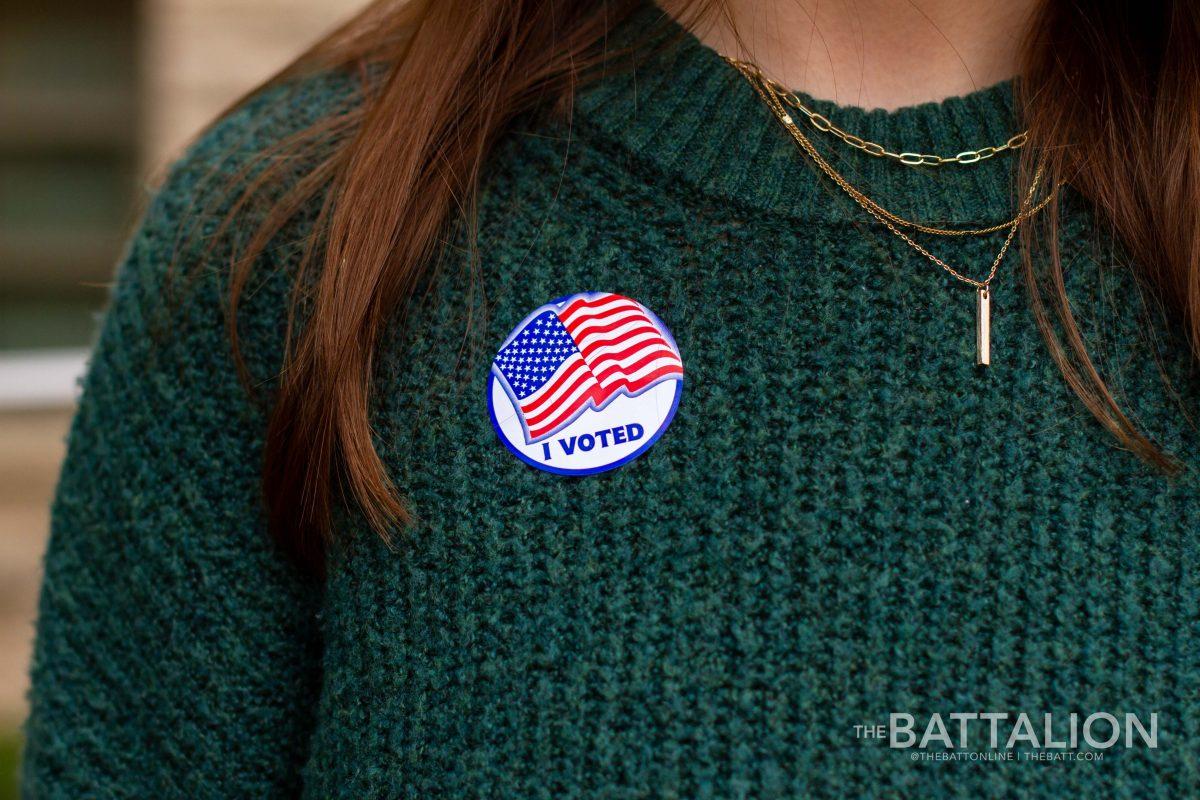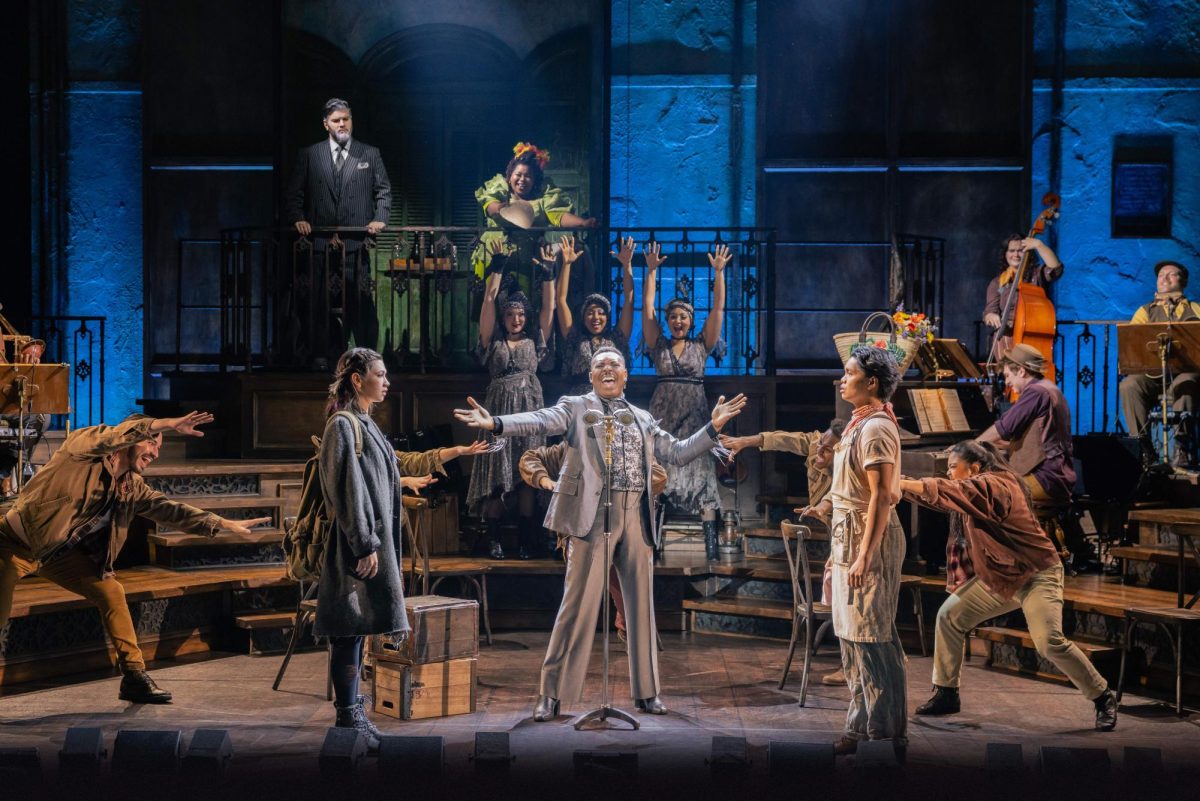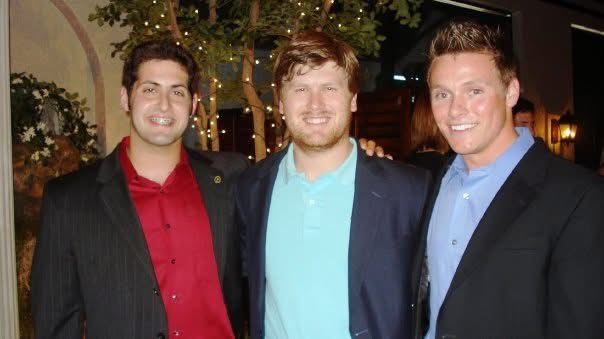As election season has passed, the tension between both parties is still lingering. There is a worry that the polarization will continue.
According to a survey conducted by the Pew Research center, 47 percent of Republicans and 71 percent of Democrats said they wouldn’t want to date someone who voted for the opposing party’s candidate in the 2016 presidential election.
Students have considered how this election has affected their relationships with friends and family and if the current political divide will persist and grow.
Urban and regional planning senior Kristina Gibson said the election results haven’t affected her relationships.
“Most of the people I know have the same political views as me, and I am also understanding of other people’s views,” Gibson said. “I’m not uncomfortable going home due to the election results because my family and I are open about views and respect one another’s views politically.”
For international studies senior Gabrielle Beausoleil, the election has altered her relationships. Though she said she is comfortable going back home for the holidays, she wants to avoid talking politics.
“I often feel like I’m walking on eggshells when I’m around my family,” Beausoleil said. “I always try to avoid talking about politics because it usually ends badly. My family doesn’t know how to have a civil debate or how to openly listen to each other’s political views, so I try not to discuss political topics because I don’t want to be brutally scrutinized and belittled by my family. I also get yelled at for not talking about political issues because then they think that I don’t care about what’s happening. It’s a difficult situation.”
Finance junior Ross Weidner said he would advise students whose relationships are being negatively affected by the election to engage in healthy political dialogue.
“If others are using an individual as a punching bag verbally or physically assaulting someone, the actions taken against you are indicative of the lack of character of the offender,” Weidner said. “I would encourage the person to communicate how the other’s actions have made them feel. If there’s no change in behavior, I recommend distancing themselves from that kind of relationship.”
Beausoleil said she recommends not discussing specific topics to avoid damaging those relationships and potentially ending relationships that become toxic.
“If some close friends and family members are affecting your mental health when discussing difficult political topics or human rights issues, maybe you need to end those toxic relationships and surround yourself with people that do align with your views,” Beausoleil said.
When relationships are affected by the election results, Gibson said she finds it irrational to ultimately end a relationship because of the political party of another.
“I find that many young individuals have developed a stance based on social media which in turn is almost always misleading for both parties and many sources are paid to leak untrue information by one party,” Gibson said. “Overall, if a relationship was ended due to a political stance, I believe the relationship wasn’t meant to be, or one cannot stand to know that the other has a different political view than them.”
Everyone is entitled to their political stances, and Weidner said he wants students to remember they are all Aggies.
“Be kind to fellow Aggies, and everyone else for that matter,” Weidner said. “Remember the Golden Rule.”
Aggies discuss political division following the 2020 election
November 18, 2020
Photo by Photo by Meredith Seaver
Brazos County’s 2020 early voting numbers have surpassed that of 2016 with 57,216 votes cast as of Oct. 27.
0
Donate to The Battalion
$1815
$5000
Contributed
Our Goal
Your donation will support the student journalists of Texas A&M University - College Station. Your contribution will allow us to purchase equipment and cover our annual website hosting costs, in addition to paying freelance staffers for their work, travel costs for coverage and more!
More to Discover










